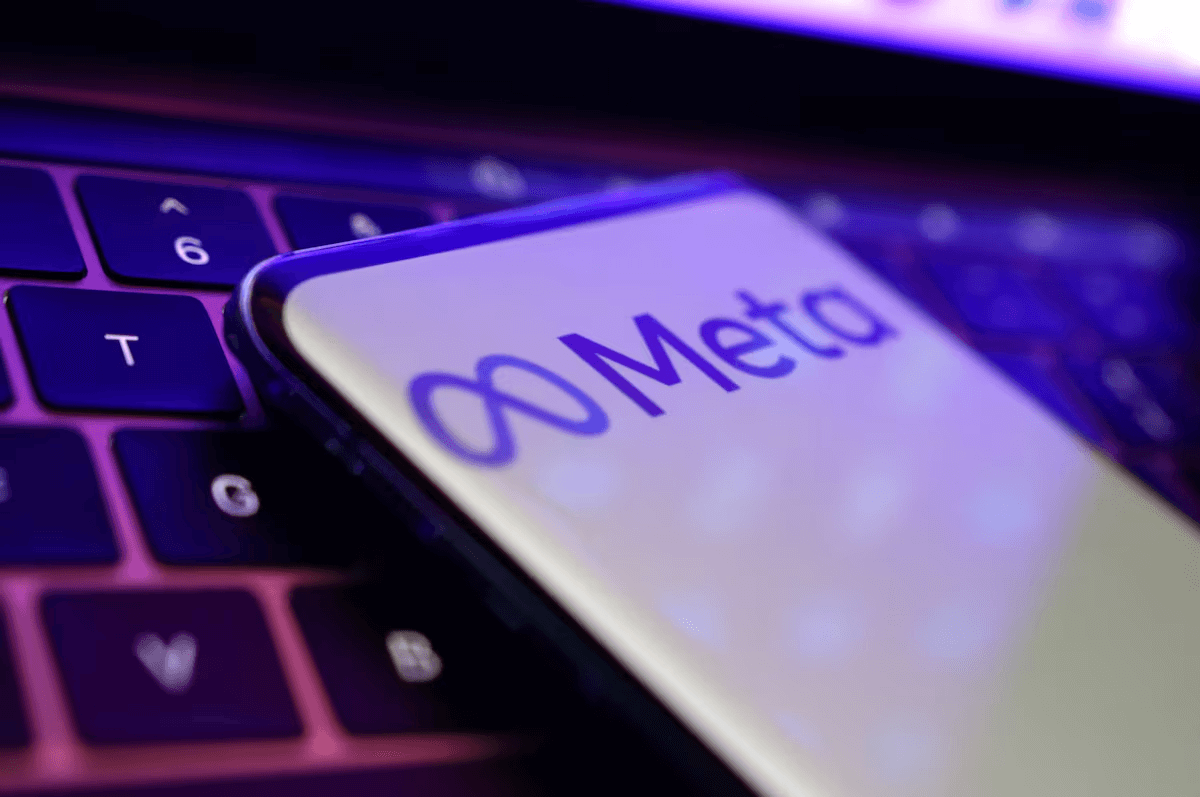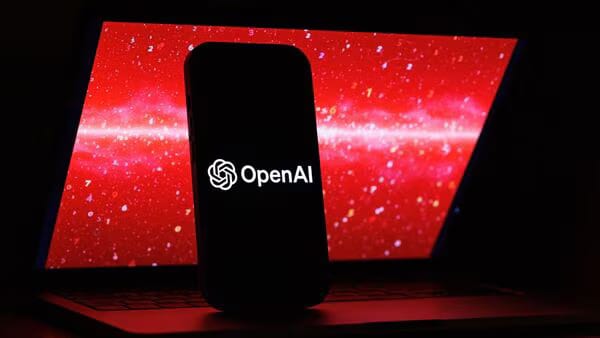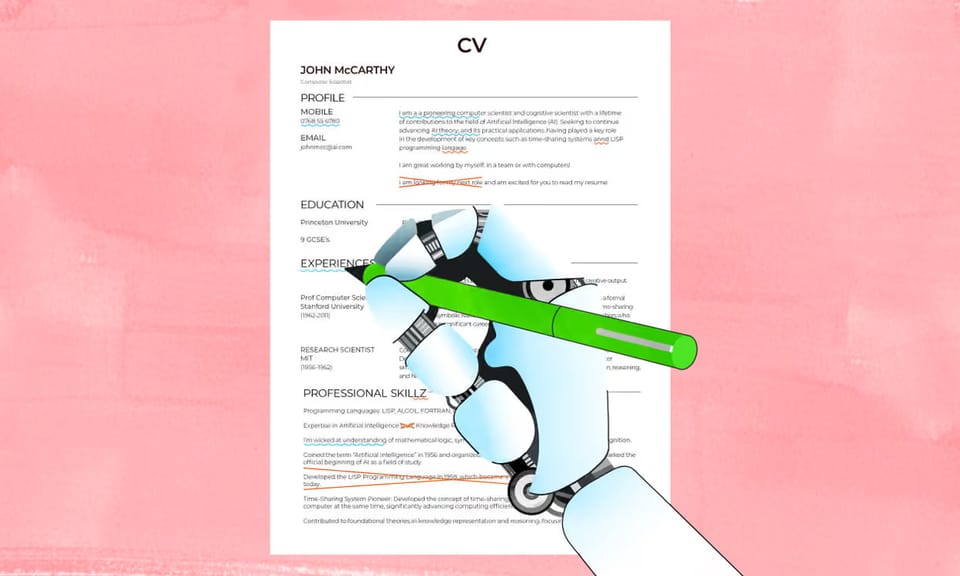Will Meta’s Billions in Scale AI Rewrite the Rules of the Internet?


This issue’s got a little bit of everything:
- A massive egg recall tied to salmonella (check your fridge)
- Meta might drop $10B on an AI startup that could reshape the internet
- CNN aired a Broadway play live and it wasn’t just about theater, but press freedom too
Let’s dive in.
Food
Are the Eggs in Your Fridge Part of a 20 Million-Egg Recall Linked to Deadly Bacteria?

Briefing: On June 6, 2025, August Egg Company voluntarily recalled about over 20 million brown organic and cage‑free eggs after the CDC (Centers for Disease Control and Prevention) and FDA (Food and Drug Administration) linked them to a Salmonella outbreak a type of bacteria that can cause serious food poisoning, leading to symptoms like diarrhea, fever, and stomach cramps.
Details: The eggs were sold between February and May 2025 across nine states; Arizona, California, Nevada, Washington, Wyoming, New Mexico, Nebraska, Indiana, and Illinois under brands like Simple Truth, O Organics, Marketside, Clover, Raley’s, Sun Harvest, Sunnyside, First Street, Nulaid and more.
So far, 79 people got sick and 21 were hospitalized (no deaths reported) in seven states. These people started feeling sick sometime between February 24 and May 17. The company has paused fresh‑egg sales, is diverting eggs to a pasteurizing facility, and is conducting an internal safety review.
Why It Matters: If you've got any of these eggs at home, don’t eat them, toss or return for a full refund. Also clean any surfaces they touched to prevent cross‑contamination. Salmonella symptoms (like diarrhea, fever, cramps) usually start 6 hours to 6 days after exposure; children and elders are at higher risk. This recall highlights how even everyday foods can cause outbreaks and underscores the importance of food‑safety checks and quick action when contamination is found. (Real Simple)
This outbreak raises key questions about how tech could help. AI-powered systems are already being used to detect pathogens like Salmonella on production lines such as an AI-microscopy tool developed called Convolutional Neural Networks (CNNs) at Southern Illinois University and AI is also being trained to analyze online reviews to spot early signs of food-borne illnesses, as seen in work by the UK Health Security Agency and city programs in Chicago. These advances could one day help catch outbreaks sooner and reduce the need for massive recalls like this one. (Participedia)
Business
Will Meta’s Billions in Scale AI Rewrite the Rules of the Internet?
Briefing: Meta is thinking about spending over $10 billion on a company called Scale AI.
Details: Scale AI helps train AI by organizing huge amounts of data, basically getting the info ready so AI can learn from it. Meta already worked with Scale AI before on its own AI tool called LLaMA (see LLaMA definition below)*. Scale AI also works with big names like Microsoft and OpenAI.
Last year, Meta and other investors gave $1 billion to Scale AI to help it grow, and at that time, Scale AI was valued at up to $18 billion. Scale AI made about $870 million in 2024 and expects to make nearly double that in 2025 which is $1.7 billion. This shows the company is growing fast. Meta used to build its AI tools using only its own teams, but this new deal shows it’s changing its approach by also working with outside experts like Scale AI. It's part of Meta's bigger plan to invest over $65 billion this year in the tech and tools needed to power its AI. This could make Meta’s apps and ads a lot smarter and maybe change how we use the internet.
Why It Matters: Meta’s talk to invest over $10 billion in Scale AI matters because it signals a major shift in its strategy, Meta is now pouring big money into external tools, not just building everything internally. Scale AI helps get the data ready and labeled clearly so the AI can understand and improve faster, this is a crucial ingredient for top-tier AI models and this backing could help Meta develop smarter AI systems faster.
It also helps Meta keep pace with rivals like Microsoft (backing OpenAI) and Google/Amazon (supporting Anthropic). Plus, since Meta aims to roll more generative AI into its apps and ads by 2026, this investment could speed up that plan while boosting its competitive edge. (Yahoo!finance)
Meta needs this kind of help to build better tools like its Llama AI. This move is similar to what Microsoft did with OpenAI and what Google did with Anthropic, big tech companies teaming up with top AI startups to stay ahead. (Reuters)
*LLaMA is a type of AI created by Meta. It’s designed to understand and create text, that means it can answer questions, help write things, summarize information, or translate languages. Meta uses LLaMA to add smart features to its apps, and it also shares it with researchers and developers. It’s part of how Meta is trying to keep up with other tech giants in the race to build powerful AI tools. The latest version, LLaMA 3, is being built to be even faster and more useful in real-life situations. (Lifewire)
Politics
What Happens to a Country When Journalists Are Forced Into Silence?

Briefing: On Saturday, June 7, CNN broadcast a Broadway play live on TV for the first time. The play, Good Night, and Good Luck, directed by George Clooney, tells the story of journalist Edward R. Murrow who was a pioneering journalist who famously challenged Senator McCarthy’s fear-driven campaign in the 1950s, helping expose political bullying and defend press freedom. After the live performance from Broadway’s Winter Garden Theatre, CNN’s Anderson Cooper interviewed 60 Minutes reporter Scott Pelley.
Details: The live broadcast aired on CNN from Broadway’s Winter Garden Theatre at 7 p.m. ET, marking the first time a Broadway play was shown live on television. Clooney stars as Edward R. Murrow, with the production earning five Tony nominations and breaking Broadway box office records.
After the play, Scott Pelley, one of America’s best-known TV journalists and a longtime 60 Minutes reporter, spoke about the current challenges facing the show, including legal pressure from President Trump. Trump is suing CBS, 60 Minutes, and its parent company Paramount for $20 billion, claiming that an interview with Kamala Harris and other segments misrepresented him. He rejected a $15 million settlement offer and is now demanding at least $25 million and a public apology. He is also urging regulators to review CBS’s broadcast license. Pelley warned that if CBS doesn’t stand behind the show, it could damage the network’s credibility and weaken its journalism.
Why It Matters: This broadcast made history by bringing Broadway live to TV audiences for the first time, making the theater experience more accessible. It also shined a light on the current pressures journalists face, echoing Murrow’s legacy of standing up to power. Pelley’s comments underscored the importance of defending press freedom and supporting independent reporting in today’s political climate. (CNN)
Tools like CaliberAI are already being used to flag high-risk content before it airs. Could AI change how live theater is produced and broadcast? Productions like "AI: When a Robot Writes a Play" and AI-powered stage visuals suggest that tech and theater are already merging in powerful new ways.
*Disclaimer: The content in this newsletter is for informational purposes only. We do not provide medical, legal, investment, or professional advice. While we do our best to ensure accuracy, some details may evolve over time or be based on third-party sources. Always do your own research and consult professionals before making decisions based on what you read here.




